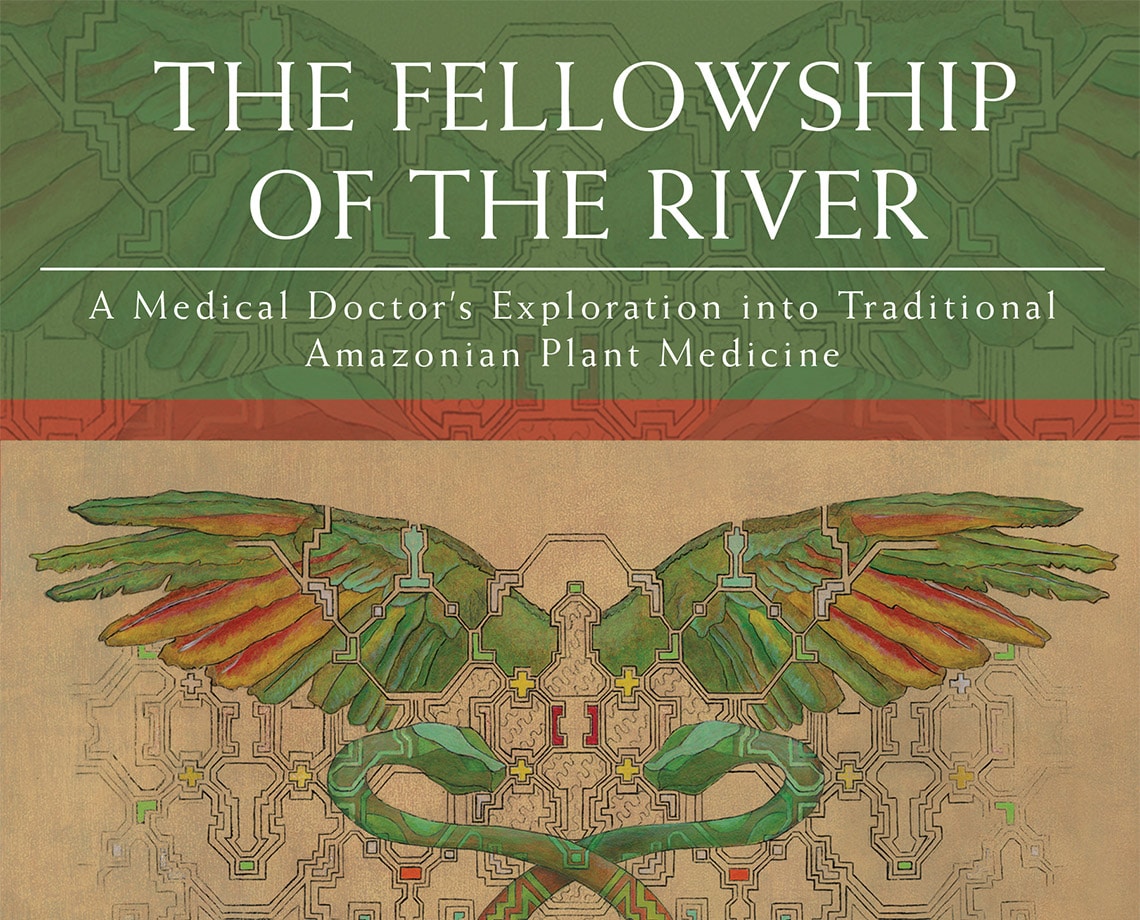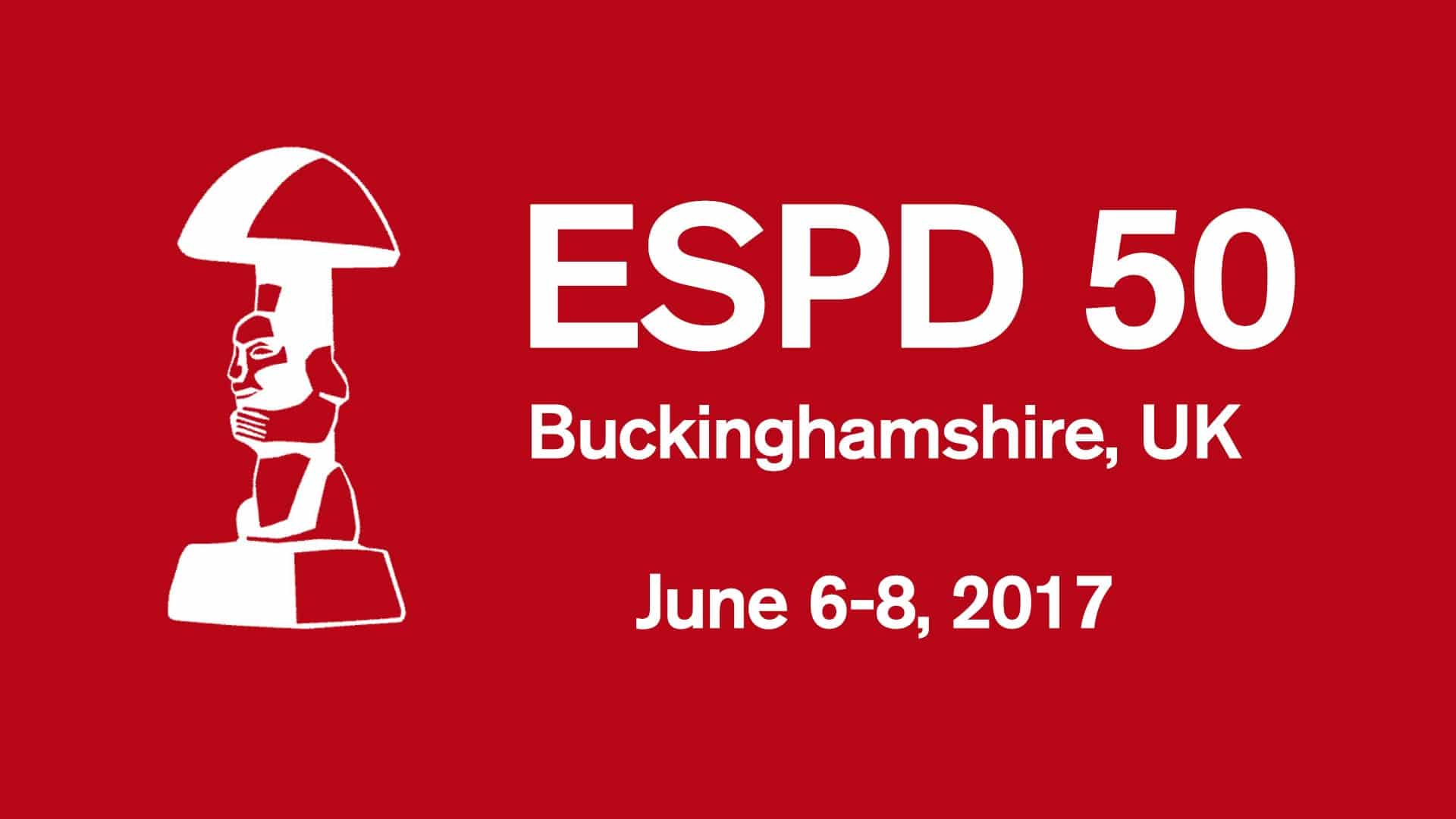In our previous interview with Samuel Lee, MD, he discussed his background in psychiatry and his journey with psychedelics such as cannabis, ayahuasca, psilocybin, and iboga that lead him to find his passion in pranayama. In this follow-up interview, Dr. Lee discusses how he sees the future of mental healthcare and the insights that working with psychedelics and breathwork have granted him.
Thanks again for speaking with us, Dr. Lee. How have your experiences with psychedelics changed your perspective on mental health and healing in general?
Completely. It’s made me truly believe that nature has an answer for not only every mental health problem, but every health problem. Ayahuasca has taught me some beautiful lessons about how we are all connected, and the power of breath. And while psychedelics are beautiful and amazing, I’ve realized they are not necessary for everyone. Through the power of breathing, we can access all forms of consciousness.
I think psychedelics definitely have a capability to help with conditions like anxiety and depression when taken with the right intention in the right setting, by giving you a different perspective about who you are. If you can see yourself as valuable, belonging and connected, these new perspectives can help alleviate anxiety and depression and bring meaning into your life. I would say that psychedelics, particularly plant medicines, have a kind of consciousness within them, and by connecting with that consciousness in the right way there is potential to help many mental health conditions, especially addiction. Iboga in particular is a beautiful plant that has the potential to help all types of addiction, even beyond opioid addiction. This is not just from being familiar with the research- I’ve also met people who recovered from their addictions with a single dose of the iboga plant, ending their addiction without withdrawals and cravings, and giving them a second chance at life.
I’m definitely a proponent of psychedelics. I don’t think everyone needs them, but at the same time, I do believe it’s going to be an important part of increasing consciousness and advancing our treatment of a wide range of mental health conditions.
Looking to the future, let’s say that psychedelics are legalized in a few years and we see an integration of psychedelics into the field of mental health. I’m curious to hear what your vision of that future looks like.
Best case scenario for me would be where consciousness-raising psychedelics and plants are made legal. MDMA, for example, is in Stage 3 clinical trials and has a powerful way of opening up a patient. Most patients are scared to visit their trauma. There is a sympathetic nervous system reaction because there is fear surrounding the trauma, so it’s really difficult to get a patient to go into their trauma and revisit it. MDMA has a powerful ability to encourage that: not only to revisit the trauma, but to see it from a different perspective, a perspective of forgiveness and love instead of fear and shame.
I would also like to see practitioners who are trained in not only the science of what’s going on with plant medicines, but who also have an understanding of where the plant comes from and the cultural ways that it’s been used. We need to learn how to apply that cultural knowledge into modern day therapy. For me, what would be most important is intention.
Personally, I believe that there is a spiritual component behind every physical problem. So the practitioners would be skilled in the art of setting intentions and being physically safe.
If we could use iboga for addictions, psilocybin for depression, MDMA for trauma, and ayahuasca as a way to open the heart and grant mystical experiences, the ideal future would be one in which these substances could be used in a legal way with skilled practitioners and with the right intentions and the right set and setting, and blending in their cultural understandings with modern safety standards. I think it’s possible and I believe it would revolutionize psychiatry in general. As a plus, most of these plants do not have the nasty side effects that Western medications have. I’m excited about the future, and I believe nature has every answer. It’s just a matter of time, I hope. I believe that Gaia is giving us this wisdom so that we can increase our consciousness and learn to heal in a natural way.
As someone passionate about psychedelics and pranayama, have you experimented with Holotropic Breathwork?
I took a holotropic breath workshop with some of Stanislav Grof’s students. It was great, but it’s not my particular favorite type of pranayama. For me, using music and intention with movement and breathing has been the most healing and cleaning for me personally. I really did enjoy holotropic breathwork, but I’ve explored many different kinds- the Wim Hof method, ancient Indian practices, combining breathing with mantras, and all different types of yoga. Grof was a revolutionary person who linked consciousness with breathing in the West. Personally, I’ve been venturing into types that combine movement, music, and intention, and for me personally those have been the most powerful.
Is this something that approaches ecstatic dance?
Yes, there are things like 5 Rhythms Dance, which has a beautiful format, and there’s also my personal favorite, Naam Yoga, which one of my teachers Dr. Joseph Michael Levry has created as a form of kundalini yoga combined with ancient mantras, chants, and modern music. There is also Transformational Breath which I‘ve become a practitioner of, combining full diaphragmatic breathing with music. It’s been a very powerful form of quieting the mind, and for me, cleansing the body too. Even just dancing in front of the mirror with your favorite type of music and intentional breathing, I guess that’s a form of ecstatic dance. I think those are all powerful.
Overall, how would you summarize the insights that your journey into psychedelics and breathwork have granted you?
Self love. At the end of all these psychedelic experiences I’ve had, the conclusion for me has been that you can only love someone as much as you love yourself. So really focus on self-love. Although these experiences have lead me to explore mystical and out of body experiences, the conclusion I’m coming to is “be here now”, the power of the present moment, and the power of self-love in the present moment. Having the ability to watch thoughts like a cloud and travel over them. Letting these thoughts be thoughts, and not turning them into beliefs by clamping down on them. In my opinion, every single problem that has come into my psychiatric office has been related to identifying with an overactive mind that is pulling in these thoughts and ideas that say “I’m no good” or “I need to be rich” or “I don’t like my physical body” and clamping on to them until they become beliefs. Really, that’s what’s lead me to breathing. Through certain types of breathing you can quiet the mind, and also I believe that certain types of trauma are held in the body, and some breathing exercises can actually go in and clear out this trauma.
You’ll never find anyone who’s anxious or angry who is breathing normally. Psychedelics are amazing tools, but the most powerful tool for me at the end of the day has been the power of breath… and it’s free. There’s enough for everyone, and it’s right under your nose.
We are very grateful to Samuel for sharing his journey and insights with us. To read our first interview with Dr. Lee click here. If you would like to connect with Dr. Lee, you can reach him at [email protected].











